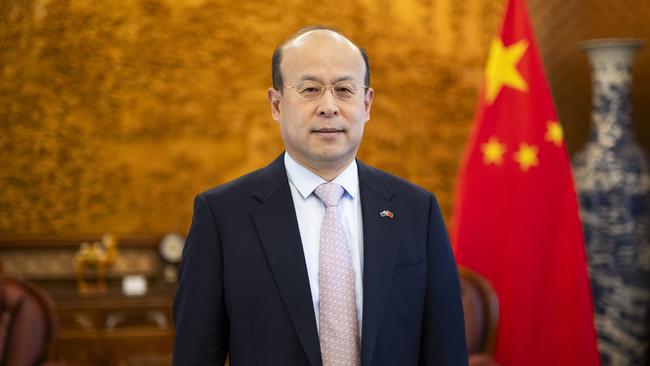
Any remaining differences are a mere “misunderstanding that … needs to be corrected”. To be clear, these are Australian misunderstandings and we must make the corrections.
Most of Xiao’s time in Canberra was while Anthony Albanese ended Australian willingness to publicly – and privately – criticise China’s aggressive pushback of American strategic influence in Asia. The ambassador can leave on a high – when the Australian government has decided to close the Washington DC office of a think tank, the Australian Strategic Policy Institute.
This follows Peter Varghese’s review of commonwealth funding for strategic policy work that recommended the office closure, along with measures tying ASPI’s work closer to the Canberra agenda. Why shut a think tank office? Because the Albanese government agrees that “influencing foreign government policy in Australia’s interests is best done through a single voice representing the full authority of the Australian government, principally the Australian embassy”.
Ambassador Xiao will be pleased for two reasons. First, China will be more than happy with Australia’s single voice in the US being the Albanese government and its Department of Foreign Affairs and Trade enablers.
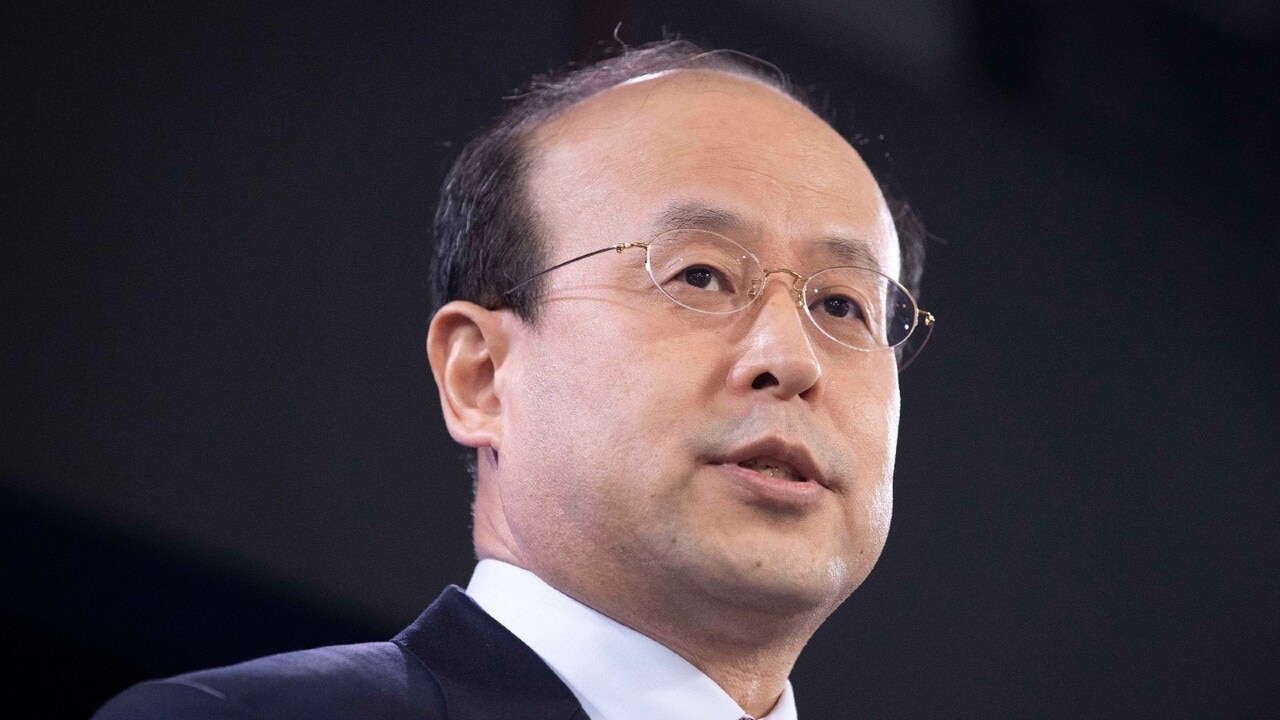
The Prime Minister has been resolutely on message about China since the May 2022 election, saying dozens of times that his goal is “to co-operate where we can, disagree where we must and engage in our national interest”.
The line saves Albanese from talking about specifics. An Australian ship is attacked? Well, we co-operate where we can, disagree where we must. Human rights concerns get the same answer. Why are we paying outrageous sums of money to China to rent a couple of pandas for Adelaide Zoo? We engage in our national interest.
The second reason Xiao will be pleased at the closure of ASPI’s Washington office is that shutting up critics has been a core Chinese objective since it appeared in the November 2020 14-point grievance list about how Australia was “poisoning bilateral relations”.
That list complained that government “provided funding to anti-China think tank for spreading untrue reports, peddling lies around Xinjiang and so-called China infiltration aimed at manipulating public opinion against China”.
Ambassador Xiao can report to his masters that this box has been ticked. Along with most of the other 14 grievances, the Albanese government has gone quiet and in some cases reversed course on policies that Beijing hated.
The government no longer wants an investigation into Covid origins (grievances No.5 and No.8, tick); no longer makes high-profile denials of Chinese foreign investment (grievance No.1, tick); no longer passes foreign interference laws (grievance No.3, tick); no longer makes “incessantly wanton interference” on Taiwan, Xinjiang and Hong Kong (grievance No.6, tick); no longer complains about Chinese cyber attacks (grievance No.12, tick).
The Chinese embassy can add ASPI’s clipped wings to its list of satisfied grievances.
Not for a second do I think it was Varghese’s intention to resolve another Chinese embassy grievance. It’s just a useful coincidence arising from his wish to get rid of “having ASPI freelance” at influencing policy in Washington.
Fewer Australian voices influencing American defence and security policy is a win for China, given that a core Beijing aim is to weaken Australia’s alliance with the US.
Ambassador Xiao says of ASPI: “Many of their views are based on a Cold War mentality that China is growing and China is growing strongly, so China is going to challenge the existing international order.”
The term “Cold War mentality” is used by China to attack US military alliances. Xi Jinping has used the phrase to condemn AUKUS. Indeed, with one puzzling exception, Xiao’s comments repeat standard language coined by Xi.
Claiming that “Australia is not a party to the South China Sea issue” is Beijing’s strategy to bully Southeast Asia into accepting the “common interest” in Chinese maritime control of the region – other countries should stay away.
The emphasis on misunderstanding means only China’s view of sovereignty of Taiwan and the South China Sea is valid. Other views are simply wrong. The call to wisely handle differences is the approved Xi phrase meaning do not raise these issues.
Ambassador Xiao departs from the party line in claiming it is a misunderstanding that China is challenging the existing international order. In fact, that is the explicit goal of Xi’s foreign policy.
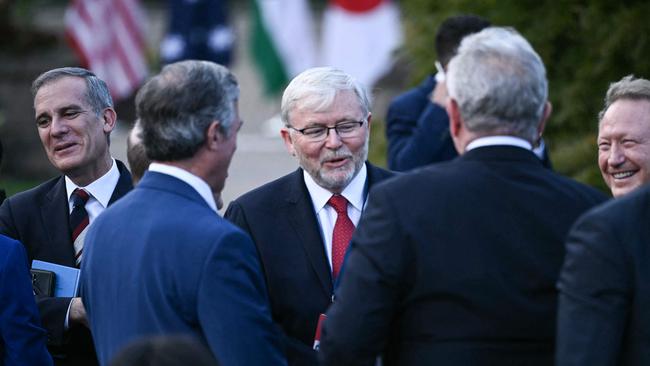
Kevin Rudd’s new book On Xi Jinping methodically works through Xi’s “Marxist nationalism” ideology. Albanese should read it. Rudd identifies three Xi aims: First, “create more compliant relationships” with China’s neighbours. Second, build norms that make “Chinese power realities” the core of the international system. Third, “begin treating the United States dismissively as a declining power”.
Everything China says and does about Australia in 2025 will be driven by these three goals. The tragedy for our national security interests is that Albanese has been more than obliging in enabling these outcomes.
Australia’s appeasement of China is received with delight in Beijing. Last November the China Daily editorialised that “autonomy serves Australia’s interests best” and Albanese’s policies “offer some useful reference for those struggling to strike such a balance” between China and the US. The apparent success of China’s strategy for Australia unfolded in the second half of President Joe Biden’s term, when American policy in Asia was having low-key success in strengthening ties with Japan, The Philippines, South Korea and other countries.
Biden was prepared to indulge a fellow social democrat, Albanese, sounding weaker on China while talking about the long-term promise of AUKUS delivery.
Donald Trump’s return to the White House will bring higher and more immediate expectations of allies. Albanese will be pressed to spend more on defence and to take stronger positions on Asia-Pacific security.
This will make it harder for Australia to play the dutiful military ally of the US while appeasing China in word and deed.
Ambassador Xiao would be well advised to leave at the high point of delivering some of Beijing’s 14 grievances. It is going to get much harder for Australia to occupy the feel-good middle ground between a demanding ally and an aggressive Beijing in 2025.


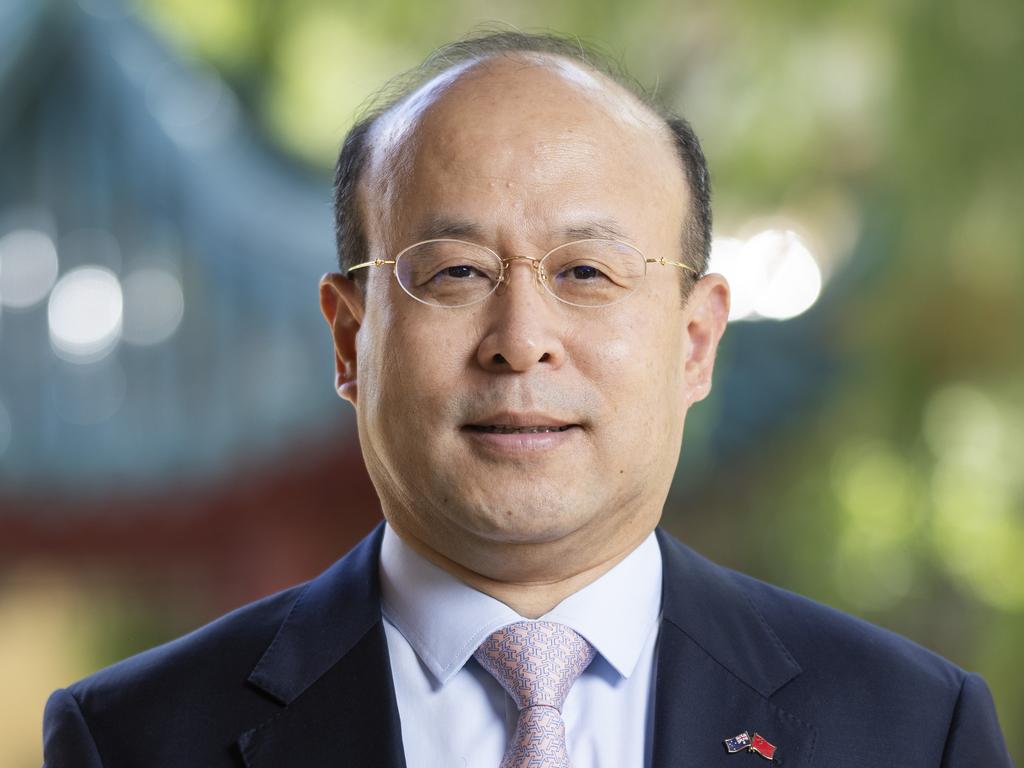
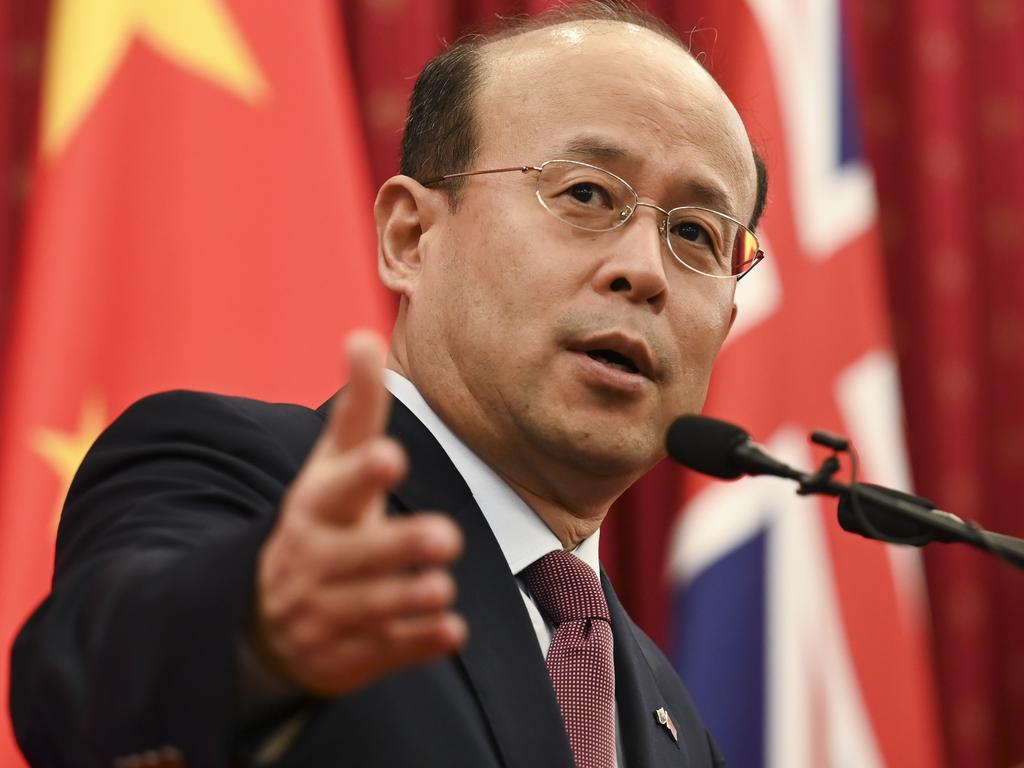
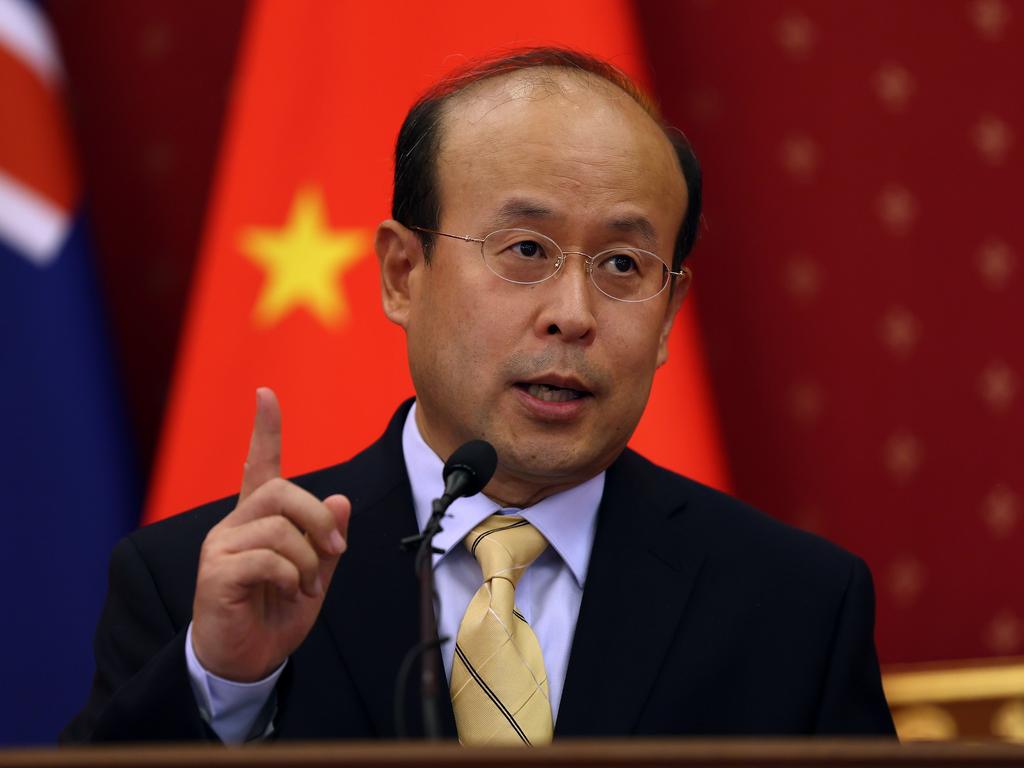
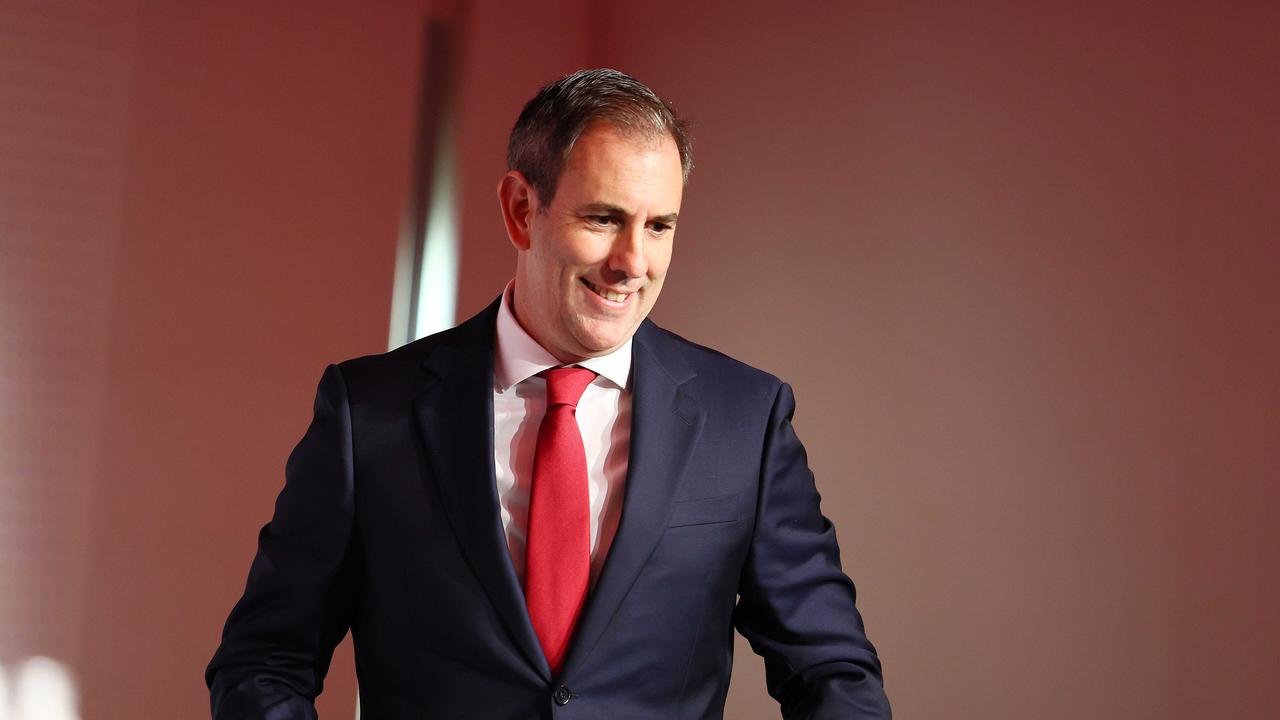
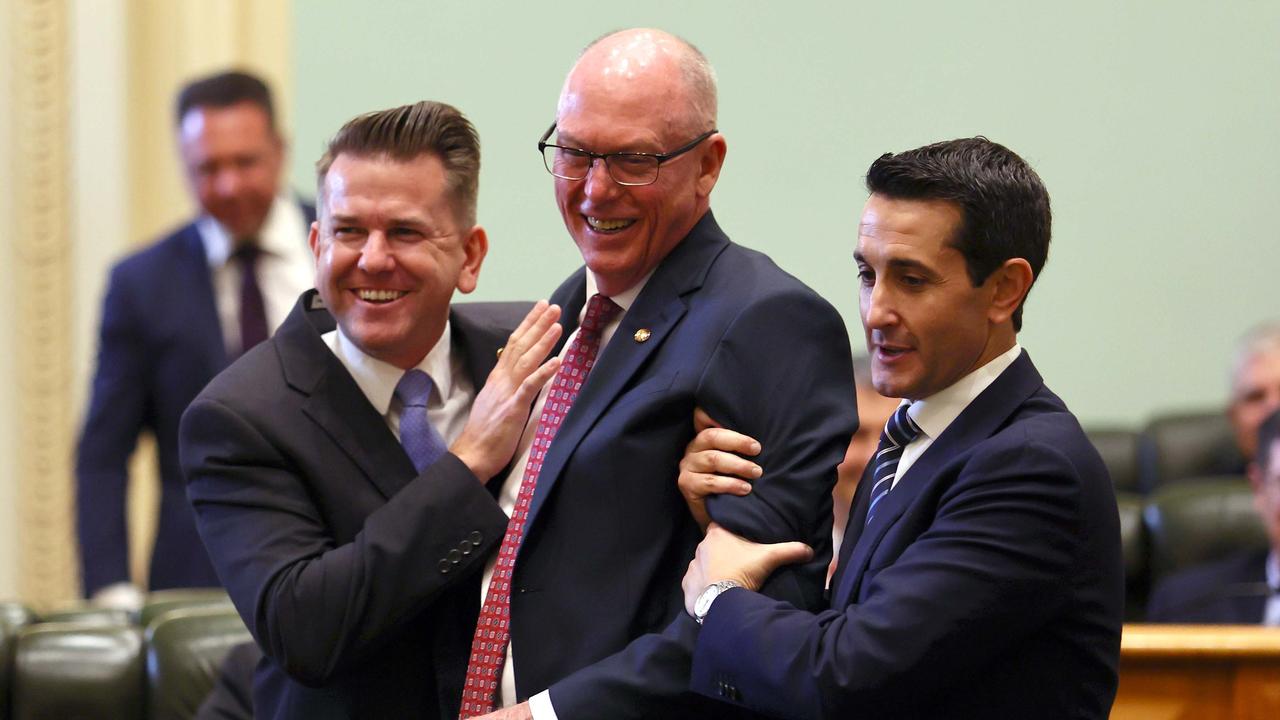
China’s ambassador Xiao Qian has replaced wolf warrior language with silken tofu. According to his interview with this newspaper’s defence correspondent, Ben Packham, the bilateral relationship has achieved a “full turnaround” from the bad days when Canberra challenged China over spying, cyber hacking, undermining democracy and causing Covid.